GEELONGPORT CITIZEN SCIENCE
Surface elevation in relation to sea-level
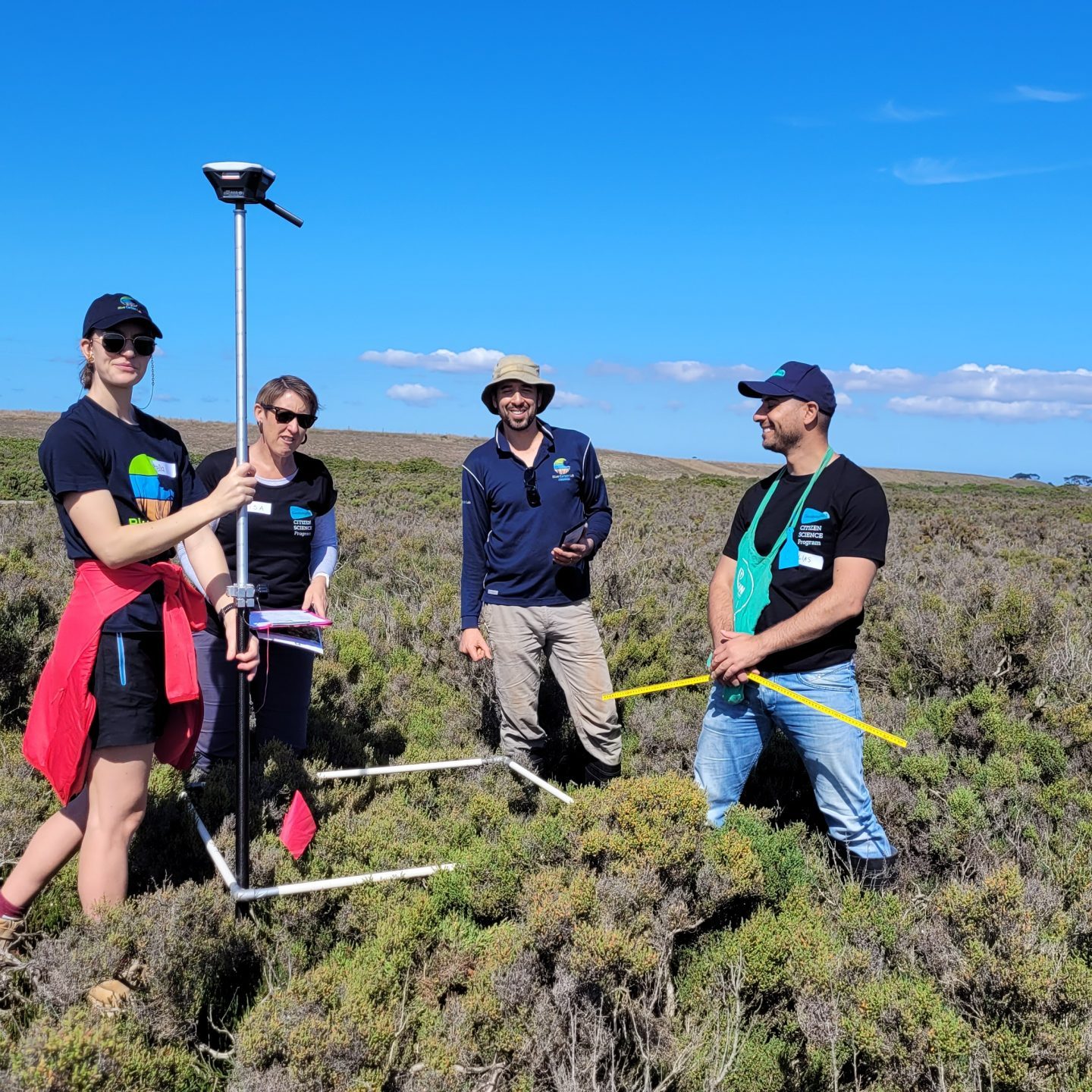
Saltmarsh cover and condition
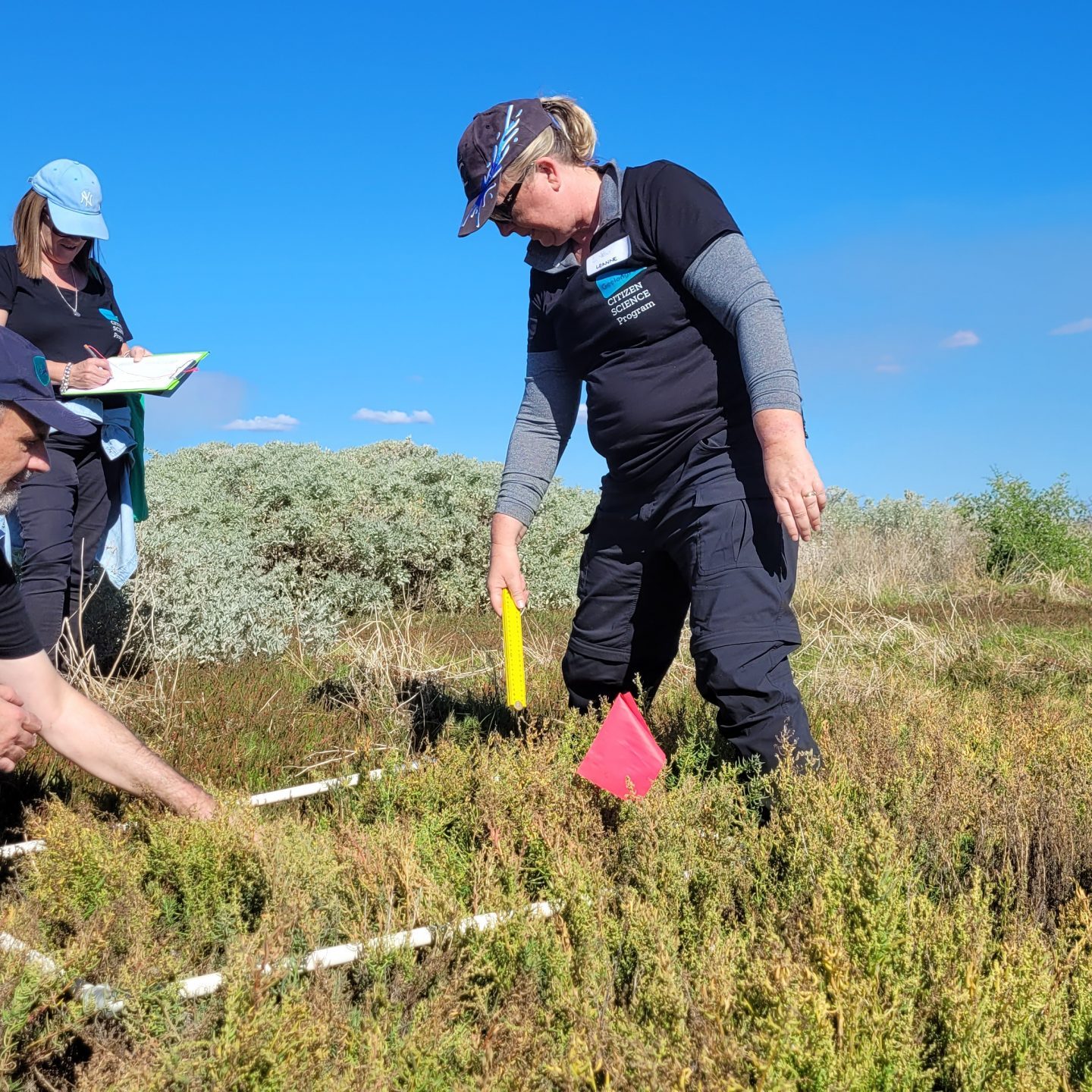
Soil carbon stocks and accumulation rates
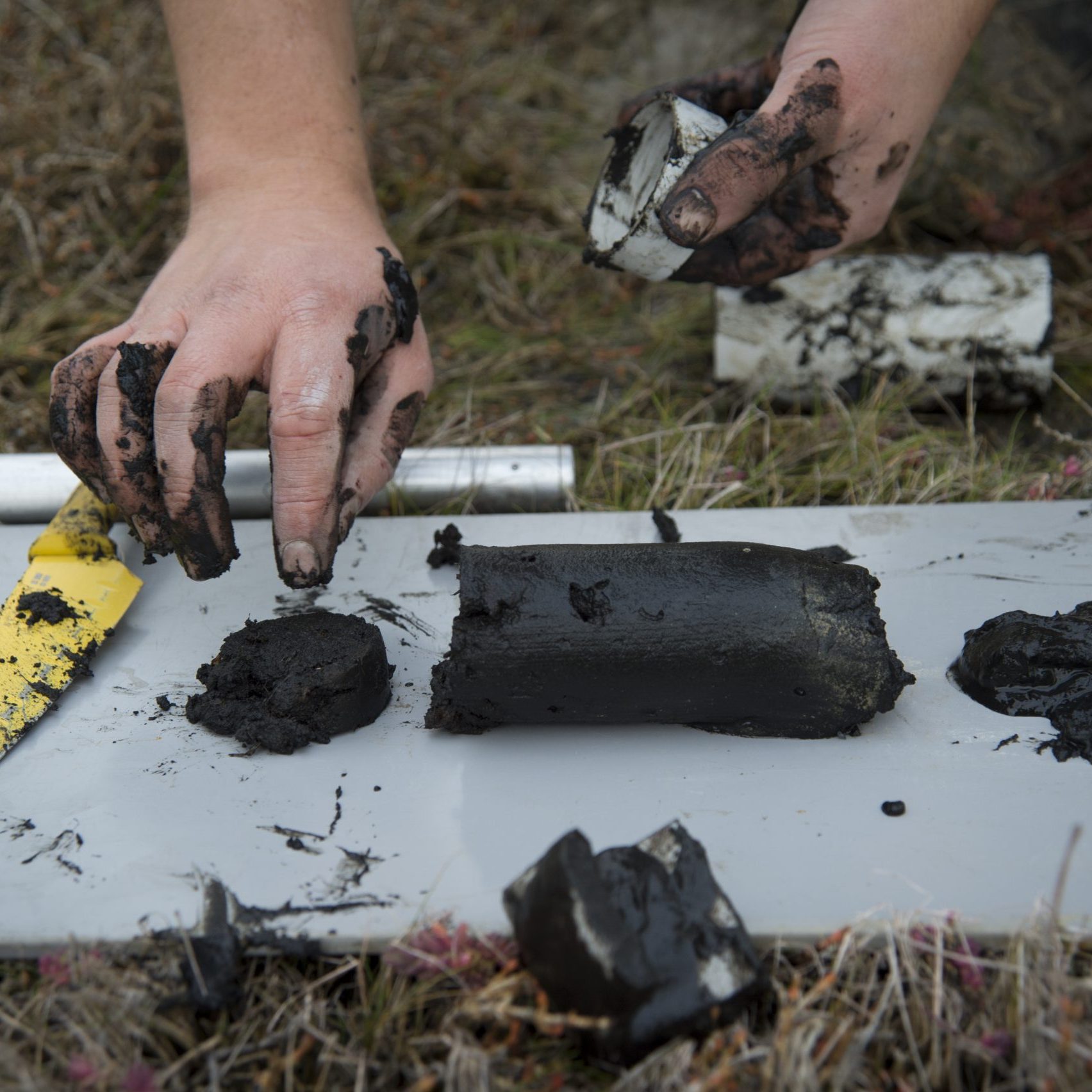
Greenhouse gas fluxes measurements
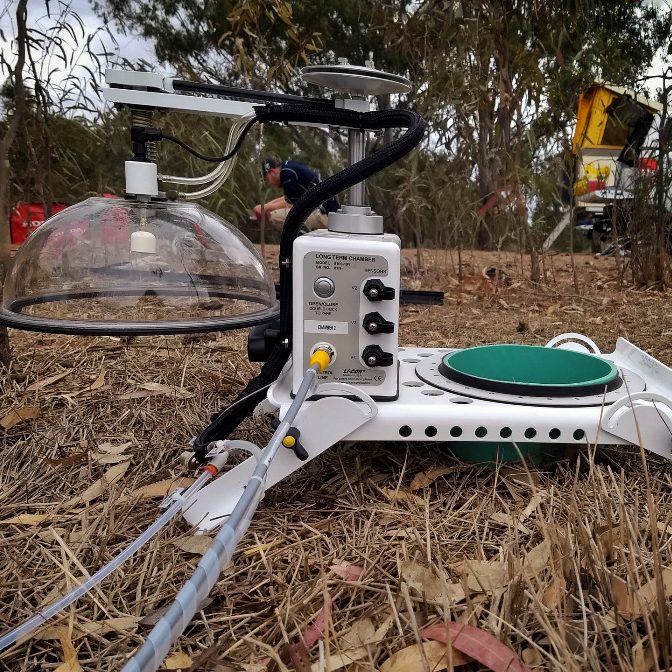
Bird biodiversity
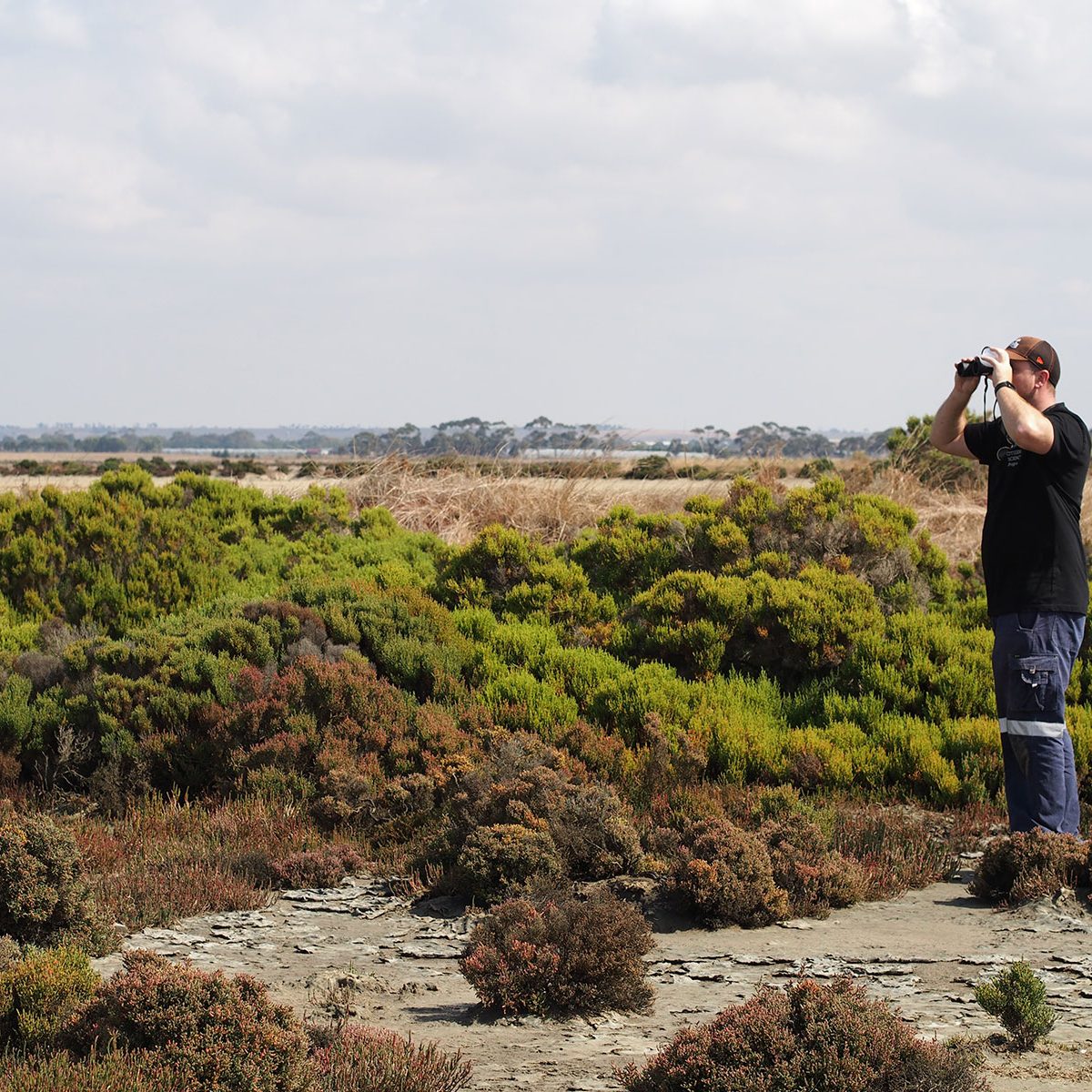
Bug biodiversity
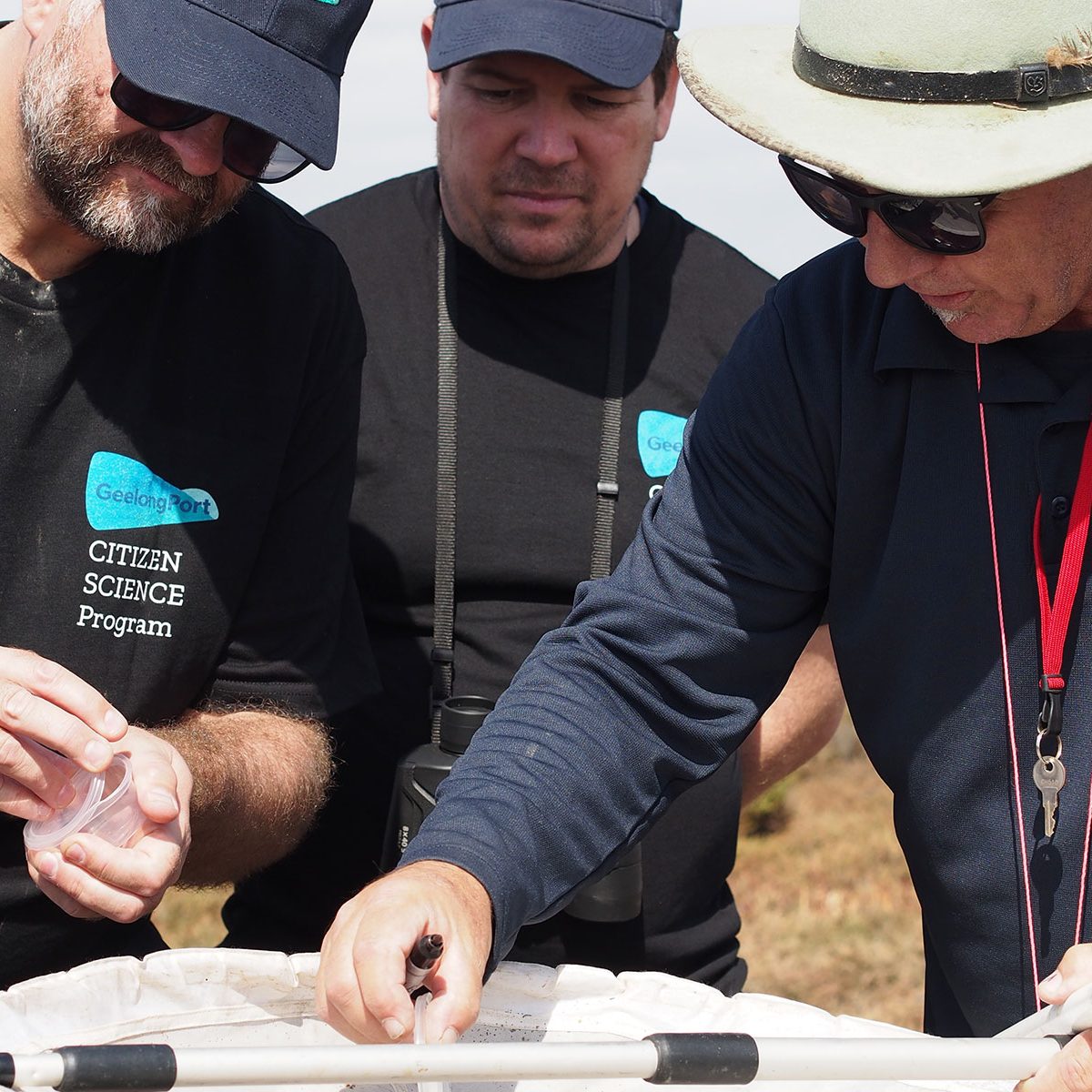
GEELONGPORT CITIZEN SCIENCE
The GeelongPort Citizen Science program aims to raise local awareness and collect research data on the value of Corio Bay’s costal ecosystems for climate change mitigation. To achieve this, 150+ GeelongPort community members will participate from a citizen science journey including educational workshops and blue carbon fieldwork.
Educational workshops
GeelongPort and Blue Carbon Lab scientists will deliver tailored educational talks on climate change, coastal wetlands and blue carbon. This component provides participants background information on natural capital and the importance of Corio Bay’s wetlands for climate mitigation.
Fieldwork and Research
GeelongPort community members will support blue carbon research aiming to quantify the carbon gains from saltmarsh restoration in Victoria. Participants will get to visit saltmarsh communities in Corio Bay with different conditions (i.e. healthy, degraded, rehabilitated) and help Blue Carbon Lab scientists collect soil cores, take greenhouse gas measurements, survey wetland vegetation, and measure surface elevation. This field allows participants to experience first-hand the value and services wetlands provide, while collecting critical research data.
Corio Bay holds a wealth of blue carbon ecosystems (ie. saltmarshes, mangroves and seagrass meadows) that are helping Victorians mitigate and adapt to climate change. They serve as natural carbon sinks, biodiversity hotspots, and offer coastal protection services. However, challenged with unprecedented degradation, coastal wetlands in Victoria have dramatically declined in the last decades.
Unfortunately, many Australians have little connection to the coastal ecosystems on their doorstep, and minimal understanding of their role as nature-based solution for climate change. This program aims to address these issues locally, by immersing GeelongPort community members into Corio Bay’s coastal ecosystems and connecting them with nature and climate change science. Increased local understanding of the value of coastal ecosystems is critical to guarantee their protection and restoration within Corio Bay.
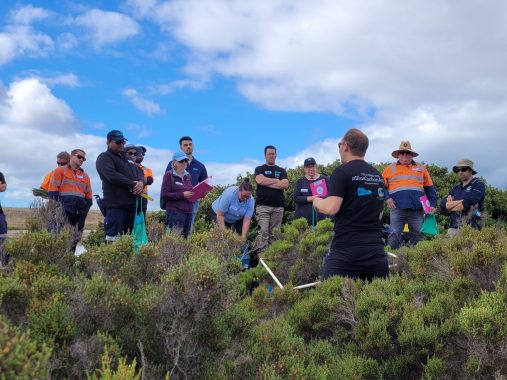
By providing an immersive experience into Geelong’s coastal wetland research, this program will educate the GeelongPort community on the importance of healthy wetlands, while advancing Australia’s blue carbon science.
(1) Increase climate and environmental literacy
(2) Collect blue carbon research data to inform management
(3) Increase staff team-bonding and connection to nature
GeelongPort’s citizen scientists will support on-ground data collection for the following research program.
Title: Predicting the carbon and biodiversity gains from saltmarsh restoration
Need for research: Saltmarsh restoration is known to enhance bird biodiversity and the scenic value of the coastline. However, the blue carbon benefits from rehabilitating coastal vegetation are unclear in the region. This research will be critical to build the case for the restoration and protection of saltmarsh for blue carbon offsets in Victoria.
Approach: Measure and compare blue carbon dynamics across sites with (a) natural,(b) degraded, and (c) rehabilitated saltmarsh communities
Data collection activities:






Outputs: Data will be used to prepare a scientific publication and inform potential blue carbon offsets from saltmarsh restoration in Victoria.
That’s a wrap for the field campaign! We’re working through the data collected now. Watch this space for updates on the results of our biodiversity surveys and carbon analyses.